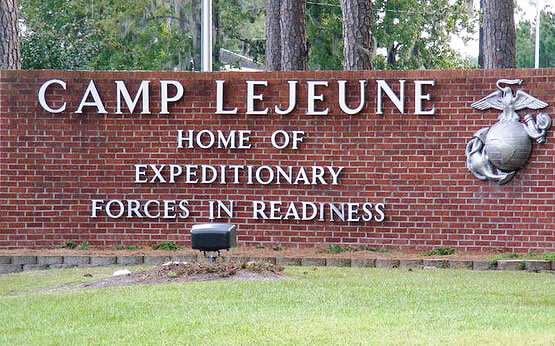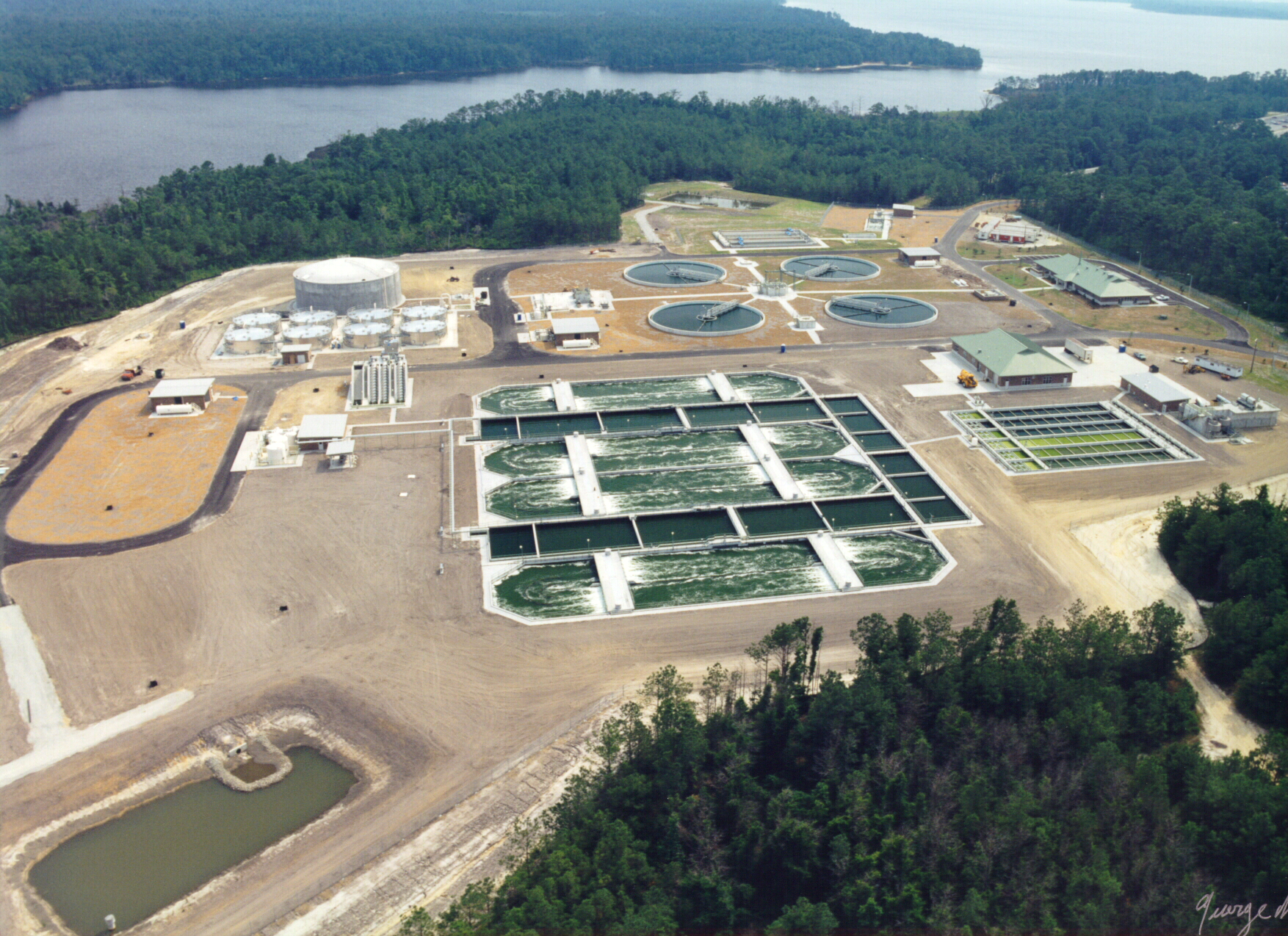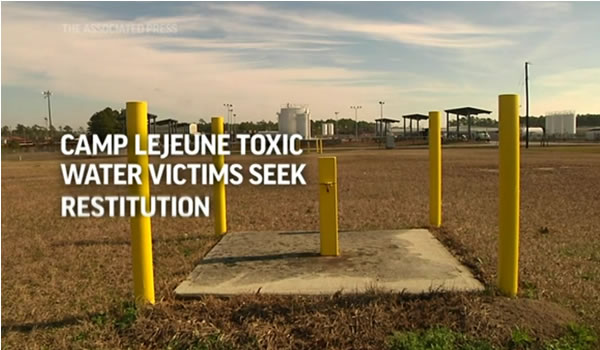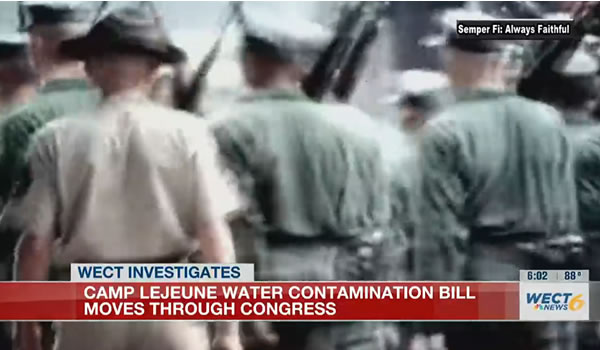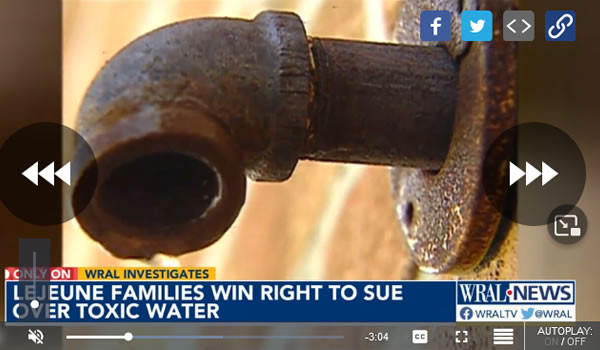The Camp Lejeune Justice Act Allows Victims to Seek Financial Compensation
"The Camp Lejeune Justice Act"
The Camp Lejeune Justice Act is now law. The bill's sole mission is to grant Camp Lejeune's victims the ability to finally attain the legal help they needed to pursue money damages.
The bill allows the tens of thousands of men, women and children who ingested and/or bathed in the toxic drinking water at Camp Lejeune from 1953 to 1987 to finally seek justice for the serious illnesses (including cancer and Parkinson's) associated with their exposure to these toxins.
North Carolina has always had a "legal loophole" (called the "statute of repose") which made it very difficult for those affected by the contaminated water to get claims approved.
By the time the contamination was discovered and reported, the 10-year statute of limitations period had already expired -- meaning most victims had little chance of holding the government responsible for the illnesses they suffered due to the toxic exposure.
